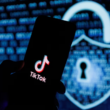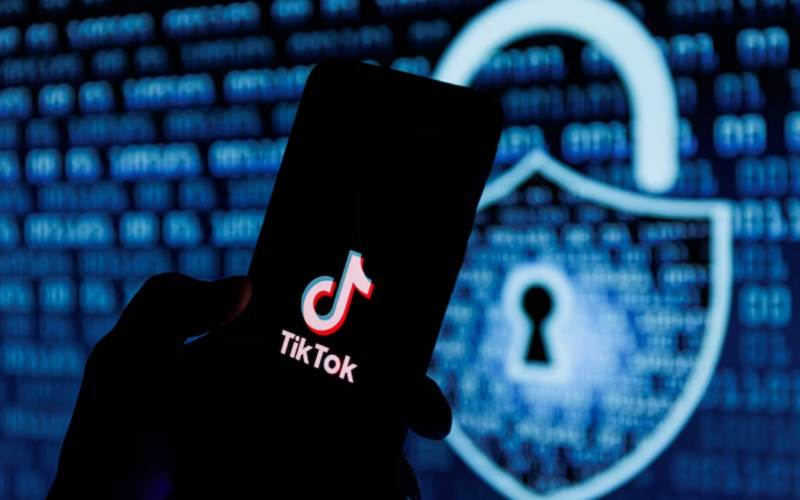In the ever-evolving landscape of cybersecurity and data privacy, concerns over government control have taken center stage. One recent battleground in this arena is the debate surrounding TikTok‘s presence on government devices. As the United States grapples with the intricacies of technology, security, and personal freedom, it’s crucial to dissect the claims, separate fact from fiction, and question the narrative surrounding this controversial issue.
TikTok and Government Devices: A Necessary Precaution
The decision to exclude TikTok from government devices stems from concerns over potential ties and vulnerabilities that could expose sensitive government information. It’s not merely a matter of dismissing personal interests; rather, it’s a strategic move to safeguard classified data from potential cyber threats. In a world where information is power, securing government devices becomes paramount.
Personal Information: The Illusion of Vulnerability
A common misconception prevails regarding the level of interest foreign entities might have in the personal information of ordinary citizens. The argument here challenges the notion that hackers, particularly from nations like China, would be interested in the financial details of an average American. Exploring the financial realities of most citizens — living paycheck to paycheck — raises a pertinent question: What value does personal information hold for hackers in such scenarios?
Conservatives and the TikTok Debate: A Critical Analysis
The TikTok debate has not been immune to political polarization, with conservatives often taking a stance against the platform. However, it’s essential to critically examine the arguments presented during congressional hearings. Were the concerns overblown? Did the platform’s representative effectively address the worries surrounding data security? Unraveling the layers of this debate reveals that the issue might not be as black and white as it initially appears.
Privacy Paradox: The Illusion of Security in the Digital Age
In a world dominated by smartphones and interconnected devices, the illusion of privacy persists. Whether it’s using an iPhone’s fingerprint scanner or conducting online searches, the reality is that our digital footprint is continuously monitored. The question then arises: Is TikTok the exception, or is it merely one player in a broader landscape where our privacy is already compromised?
The Vulnerability of Traditional Banking: A Reality Check
The argument extends beyond TikTok and delves into the vulnerability inherent in traditional banking systems. As citizens entrust their savings to financial institutions, the fragility of this arrangement becomes apparent. What safeguards do individuals truly have if their bank encounters a crisis? Exploring these questions challenges the narrative surrounding government control and highlights the broader issues at play.
Legislation and Individual Freedoms: A Call to Common Sense
For those concerned about government overreach, it’s essential to take a step back and assess the broader landscape. Legislation impacting individual freedoms, especially those related to gun ownership, is a valid concern. However, it’s crucial to recognize that the battle for privacy extends beyond specific platforms and encompasses a myriad of factors that shape our digital lives.
Conclusion: Navigating the Gray Areas
As the TikTok debate rages on, it serves as a microcosm of broader issues surrounding government control, cybersecurity, and individual privacy. Separating hyperbole from reality is essential in understanding the true implications of such debates. In an era where technology advances at an unprecedented pace, finding a balance between security and personal freedom remains an ongoing challenge that requires nuanced perspectives and informed discussions.
- Government Control: The TikTok Controversy Unveiled - October 11, 2023
- Constitutional Waters: Law Enforcement and COVID-19 Policies - October 9, 2023
- Ethical Complexities: Immigration, Border Patrol, and Personal Sacrifice - October 6, 2023










